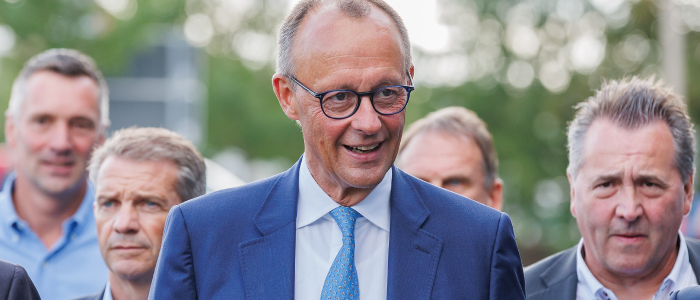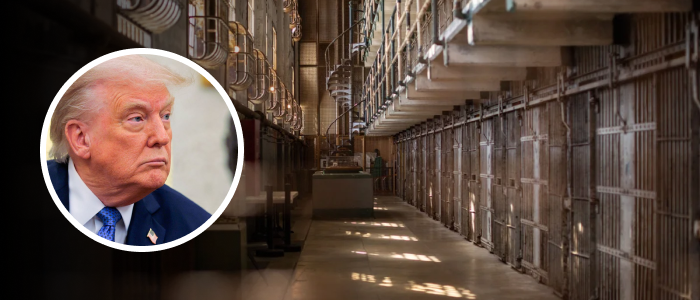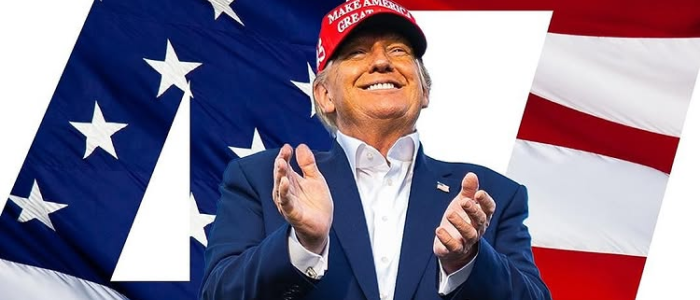THE passing of Tun Abdullah Ahmad Badawi saw many people sharing their personal moments and uploading their photos with him especially on social media. I have my fair share too as a journalist, especially the years he served as the foreign minister. However, this column is not about a personal experience covering Abdullah during his service to the nation.
I felt it is only right to highlight his work at Wisma Putra between 1991 and 1999. Many would be aware of the humble and friendly man that he was but at Wisma Putra, Pak Lah is hugely loved and respected among officials. Those who began their diplomatic career as assistant secretaries when Abdullah was first appointed as Foreign Minister felt that Abdullah never really left Wisma Putra although he became deputy prime minister and later, the prime minister.

“Most of us spent many years working with him as the foreign minister. He was not only always pleasant and accessible to us, but also quick to grasp complex issues. “He was always keen to listen, understands quickly, a reasonable person and judicious in all his considerations and decisions.
“We were all very thrilled when he became DPM and later the PM. We felt that he never left Wisma, always maintaining close links, personally and officially with Wisma Putra. “He was a good leader, accessible yet revered, soft spoken yet firm, humble yet exudes authority.
Simply put, he was one of our most exemplary leaders,” said a senior official. Retired diplomat Tan Sri Hasmy Agam worked closely with Abdullah, even before he was appointed to lead Wisma Putra. “We always regarded him more as a friend than a colleague or a boss.
He was a PTD officer and some of us got to know him when he was a senior civil servant. Even before he became foreign minister, he used to get in touch with us to ask us about this and that. “Because Pak Lah was ‘Pak Lah’, he was so friendly, so relaxed.
In post cabinet meetings, he allowed open discussions. We got a lot on what transpired at Cabinet meetings.” It was his way of listening to others that made many officials open up to him and gave their feedback on some of the ideas mooted by the Malaysian government under Tun Dr Mahathir Mohamad for foreign policy.
One of these was to establish the East Asia Economic Caucus (EAEC). The idea was to promote Asean’s inclusivity with the participation of China, Japan and South Korea to enhance economic cooperation among East Asian states. It was met with resistance even within Asean, especially the ones with close ties with the United States.
There was strong resentment because when Dr Mahathir floated the idea, he did so without consulting our Asean neighbours. Another retired diplomat recalled there was a lot of negotiations behind the scenes to get the rest onboard. “Wisma Putra had to overcome the reservation for EAEC.
Dr Mahathir was so confrontational in promoting the caucus when there were Asean members who did not want it. Of course there was the unhappiness of the Americans to deal with. “This was during Pak Lah’s time.
We worked behind the scenes to get Asean-Plus Three instead. “When it became Asean-Plus Three, of course China was happy to accept it, Japan and South Korea which initially were reluctant came along eventually.” “You don’t get EAEC in name but in effect you get the countries that you want,” he said.
Abdullah and Wisma Putra worked hard behind the scenes to realise the Asean-Plus Three to enhance economic cooperation among East Asian countries. In 2004, Malaysia vied for the Organisation of Islamic Cooperation secretary-general post along with Turkey and Bangladesh. It was put to vote for the first time in history.
Abdullah who was already prime minister felt that should Malaysia win the position, the country should encourage member states to enlarge the scope of the work and responsibility of the OIC beyond its traditional role of being the collective voice of the Muslim world for safeguarding and protecting the political interests of members by going deeper into the realms of economic, trade and social cultural relationships. This is in support of the work of the United Nations. Turkey’s candidate won the post.
During Dr Mahathir’s years as the prime minister, Wisma Putra’s role was further elevated and Malaysia was seen as a champion of South-South cooperation. “Dr Mahathir set broad contours and parameters of Malaysia’s foreign policy. Filling up those areas was left to the Foreign Ministry which took certain initiatives to help realise Dr Mahathir’s vision.
“This is especially so when Pak Lah was at the helm of the ministry and with the support and ideas given by the officers working around him, many things moved,” said a senior official. This week, an old video of Abdullah meeting President George Bush Jr at the White House in 2004 resurfaced. Abdullah who was Prime Minister sat next to Bush and in his remarks spoke on the state of bilateral relations and the Palestinian issue.
“ I am certainly grateful you have been able to explain to me so many aspects of the issues pertaining to Palestine and Israel. There’s nothing better than to get from the President of the United States, himself, on all these issues because he is very much involved. And the management of all these problems and issues relating to this Palestine and Israel -- other issues, too,” Abdullah said.
The two leaders met again on the sidelines of the UN General Assembly in New York two years later. A Wisma Putra official who was present said among Bush’s pleasantries were “you are a good man Mr Prime Minister. I like you.
” Tan Sri Syed Hamid Albar took over the Foreign Ministry from Abdullah when the latter was promoted as deputy prime minister. “I knew Pak Lah when he was in Youth and Sports Ministry. I found him to be a good listener, engaging and you don’t find him talking negatively about other people.
“Sometimes because of his kindness it became difficult for him to discipline people under him and some people like to take advantage of that.” During the ceremony to handover the Wisma Putra baton, Abdullah in his speech was direct to the point on Syed Hamid’s personality. “What I never forgot when he said I am a different person from him.
He said Syed Hamid has less tolerance for mistakes or errors and easily get angry if work is not properly done. “He said I have a short fuse. In some ways it’s true,” Syed Hamid told this writer.
In the years of covering Abdullah on assignment, whether locally and abroad, he would always make time for us, the media, always hungry for the goings on behind closed doors. If he was not able to give the full details, he would seek out his diplomats to further explain there and then so that we have a better understanding on issues. It was a good working relationship, at least for me.
He never stopped his officers from talking to us. Abdullah passed away at the age of 85. He will surely be missed by many.
.
Politics

Pak Lah: Kind, gentle and exemplary leader

Tun Abdullah Ahmad Badawi left an indelible mark as Foreign Minister and his legacy of kindness and care remains until today. Read full story















